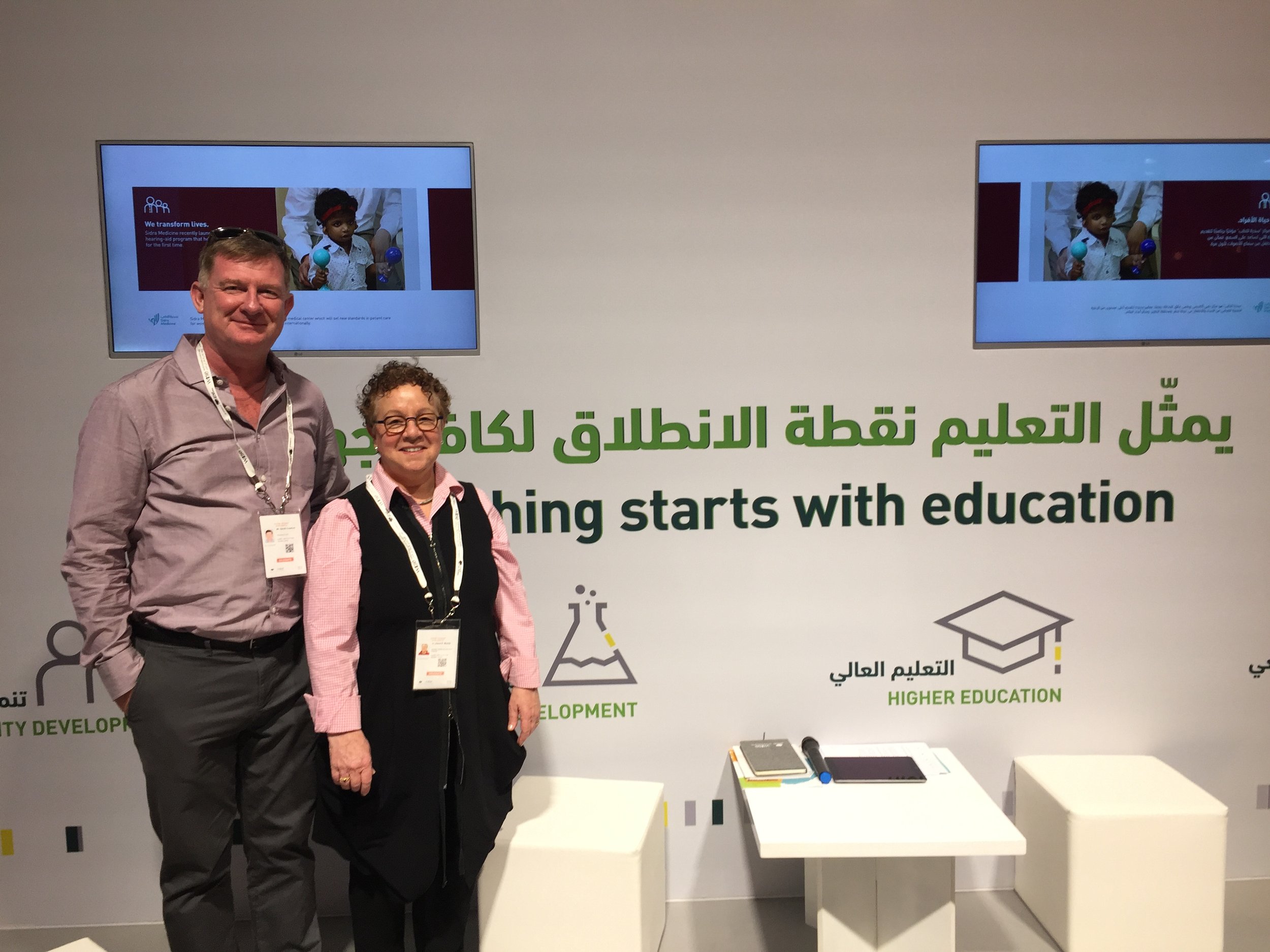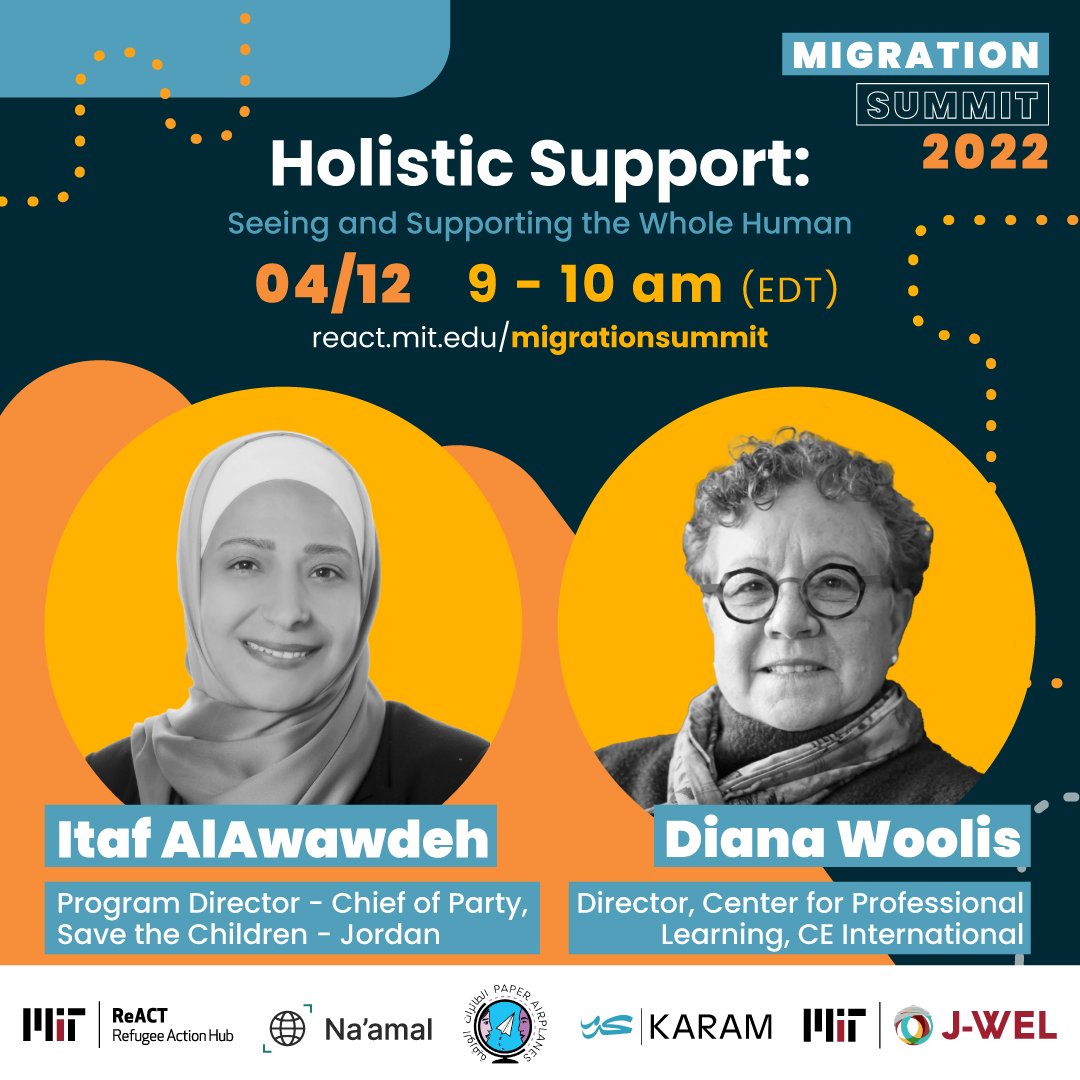About Learning Agenda
Dr. Diana D. Woolis, Learning Agenda.org, is equal part practitioner, researcher, and learning theorist. Her experience led her to construct the Sustainable Learning Framework in 2017, an evidence-based set of practices that ensures that learners and education systems are resilient, adaptive, and inclusive. She launched LearningAgenda.org in 2023 to to advance the application of the Sustainable Learning Framework by providing resources and support.
She was the founding Director of the Center for Learning in Practice at the Carey Institute for Global Good and led the development of the Refugee Educator Academy. Diana co-founded Knowledge in the Public Interest, a social learning design consultancy. She has led education, government, and both non- and for-profit organizations. An innovator in ed tech, Diana was the lead architect of the only platform designed specifically for faculty professional development, which is now owned and used by Lumen Learning.
She has authored numerous articles, including Making the Case for Sustainable Learning: Action for Teachers of Teachers of Refugees, book chapters, Education Leadership for a Networked World and is co-author of the book Pedagogy Matters: Taking College Teaching Seriously.
She is a globally recognized learning strategy, design, and implementation expert focused on underserved and marginalized populations in formal and non-formal settings.
Connect with Diana on LinkedIn








Publications and Projects
Center for Learning in Practice
Embracing emergent change and sustainable learning in the EiD ecosystem
Porticus
Education Leadership for a Networked World
Communities of Practice – Creating Learning Environments for Educators, Volume 2
Knowledge Management for Development Journal
Sustainable Learning in Practice: Refugee Educator Report
Carey Institute
Pedagogical Patterning: Discovering the Pattern of Development Educators
Global Skills for College Competition
AERA
In Search of a New Developmental-Education Pedagogy
Change: The Magazine of Higher Learning
Policy & Practice, vol. 61, no. 4, 2003, pp. 22-.
Learning Our Way Through Welfare Reform.
Policy & Practice of Public Human Services, vol. 59, no. 2, 2001, pp. 28-.
Policy & Practice of Public Human Services, vol. 58, no. 2, 2000, pp. 33-.
Family Works: Substance Abuse Treatment and Welfare Reform
Public welfare (Washington), 1998-01, Vol 56 (1), p.24-31
Learning and New York City Civil Service Reform
Journal of Adult Learning
Actors and factors: Virtual communities for social innovation
Electronic Journal of Knowledge Management
BEGIN Education: The Challenge of Partnering Welfare and Literacy.
Literacy Harvest, v2 n1 p31-32 Win 1993
Speaking Engagements
Digital Fluency in Emergency Education Contexts
Reimagining Education Podcast - Season 1, Episode 1
Holistic Support: Seeing and Supporting the Whole Human
Migration Summit
Overview of EdTech Challenges and Opportunities
No Lost Generation, EduTech Summit, 2017, Amman, Jordan
Salzburg Global Seminar, Keynote Speaker
Salzburg Global
INEE Background Paper on Distance Education Emergencies
(Co-Chair)
Inclusive Education and Early Childhood Community of Practice Workshop
Global Campaign for Education United States
About the Iconography
Origami
Learning Agenda and the Sustainable Learning Framework are represented by various origami forms. Origami, the traditional Japanese art of paper folding, represents the ability to visualize, plan, and solve complex challenges creatively and practically—an ability cultivated by Learning Agenda resources. Dating back to the 17th century, origami symbolizes creativity, patience, and transformation.
Principles of origami have informed scientific disciplines by providing innovative approaches to problem-solving and design. It’s celebrated in galleries and museums worldwide for its unique fusion of precision and imagination. In fields like mathematics and engineering, origami helps solve problems related to folding patterns, efficient material use, and structural design. It also inspires novel solutions in robotics, architecture, and even algorithm development by providing new ways to think about flexibility, adaptability, and optimization.
Goat
Goats also embody the ideals of Learning Agenda. They thrive in various environments and possess strong problem-solving skills, quick learning abilities, and good memory. Goats can navigate complex environments, figure out how to open gates or access food, and remember tasks or routes for long periods. They are also social animals, capable of recognizing other goats and even human faces, which suggests a high level of cognitive function.
Their intelligence, curiosity, and adaptability make them adept at overcoming challenges and finding creative solutions in their environment.







